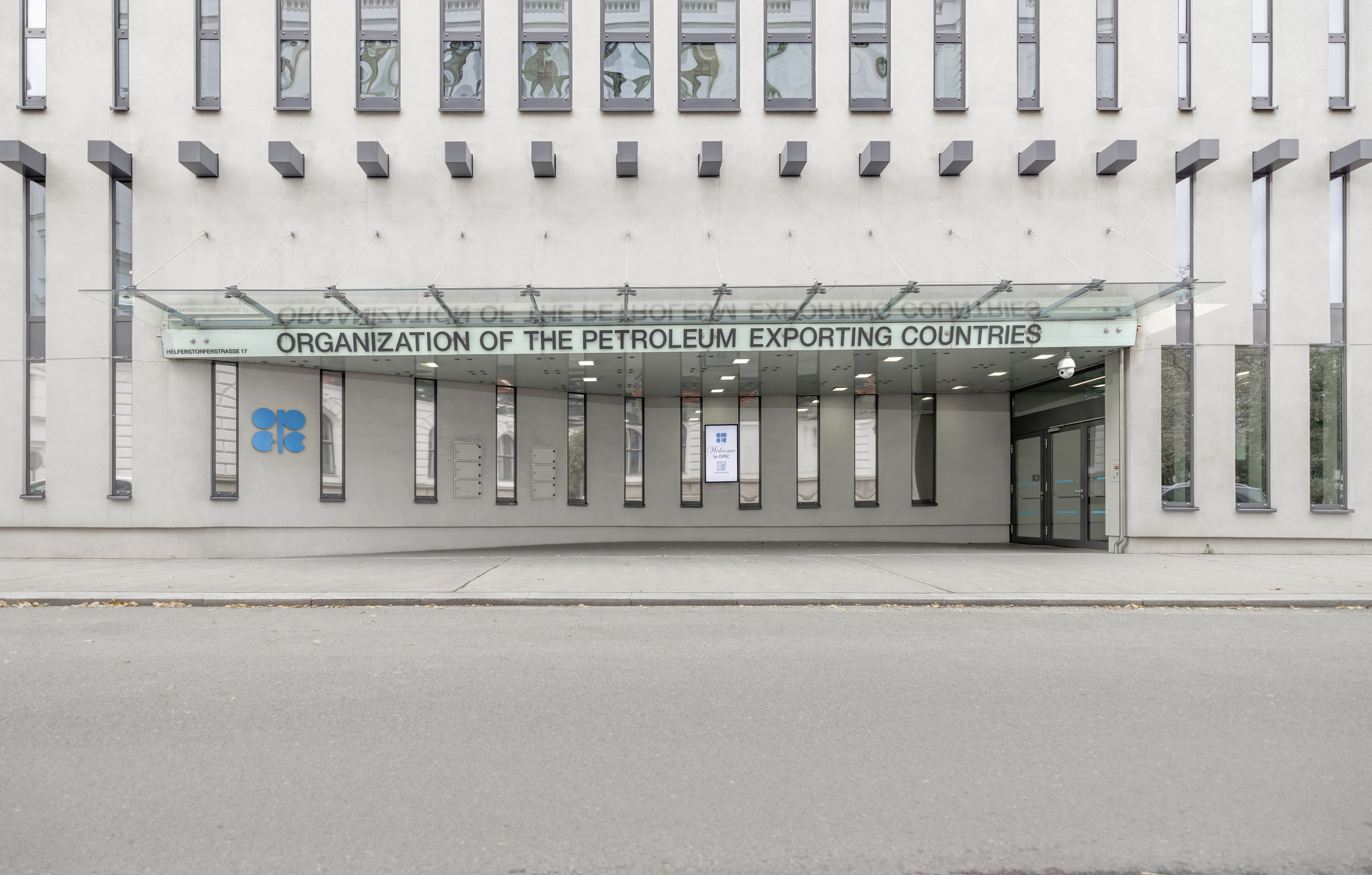- December 1, 2023
- 2 minutes read
Oil Prices at Crossroads: OPEC+ Takes Measures to Balance Supply Amid Global Economic Concerns

OPEC and its allies, collectively known as OPEC+, have decided to implement additional measures to stabilize crude oil prices. In a recent online meeting, the oil cartel, led by Saudi Arabia and including major producers like Russia, extended voluntary output cuts by over 2 million barrels per day through the first quarter of the upcoming year. Additionally, Brazil is set to join the alliance in January, becoming a part of the collaborative effort to balance global oil supply.
Despite these efforts, the impact on oil prices remains uncertain. The market response has been somewhat subdued, with only a modest 2% reduction in global supply. Notably, Saudi Arabia spearheaded the deepening voluntary cuts, extending its reduction by 1 million barrels per day until March. Russia followed suit with a cut of 500,000 barrels per day, joined by other OPEC+ members like Iraq, the United Arab Emirates, Kuwait, Kazakhstan, Algeria, and Oman.
The motivation behind these measures is twofold. Russia seeks higher oil prices to strengthen its financial position against Ukraine, while Saudi Arabia aims to meet its planned spending goals, requiring nearly $86 per barrel. The international benchmark Brent crude, however, has hovered in the $80 to $85 range, prompting mixed reactions from experts.
Critics view the meeting as somewhat disappointing for OPEC+ and particularly for Saudi Arabia, as the group couldn’t secure a unanimous commitment to production cuts. On the other hand, some energy experts appreciate OPEC+’s innovative approach to addressing market challenges, acknowledging the organization’s efforts to maintain unity in a challenging economic environment.
The inclusion of Brazil, one of the fastest-growing oil producers globally, is seen as a strategic move. With Brazil on board, OPEC+ would control approximately 62% of global oil production, providing the group with increased influence over market dynamics.
While these measures aim to support oil prices, their long-term effectiveness remains uncertain, and the global economy’s resilience in the face of ongoing challenges will play a crucial role in determining the success of OPEC+’s strategy.
